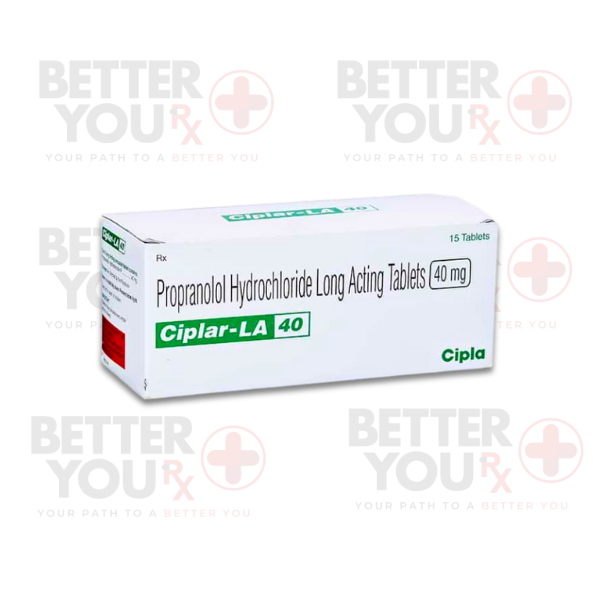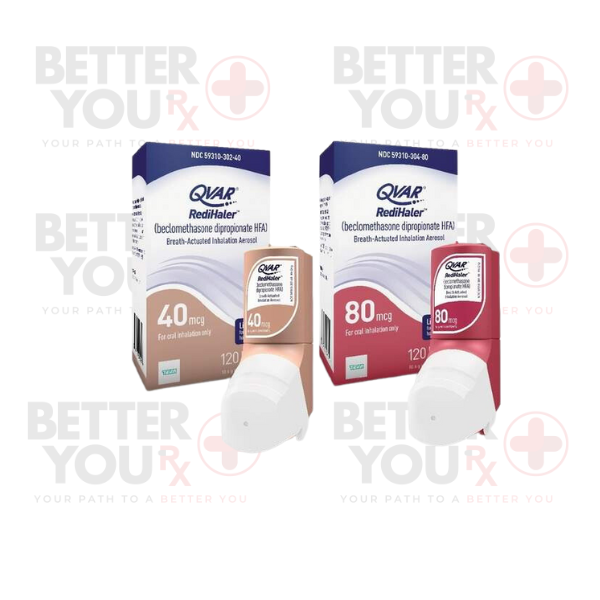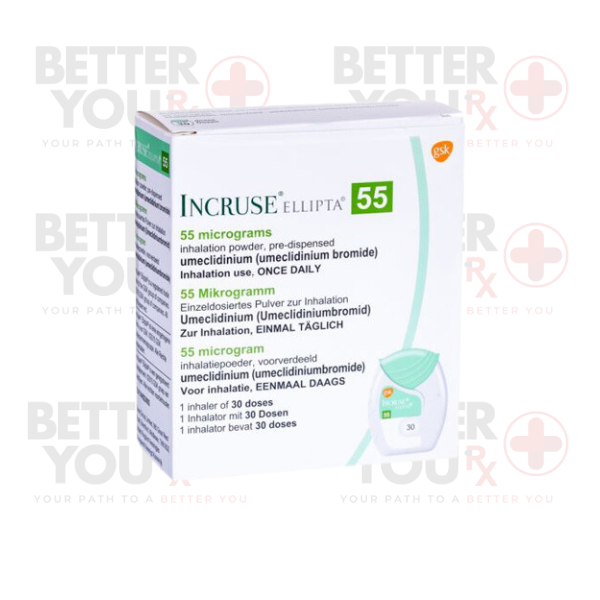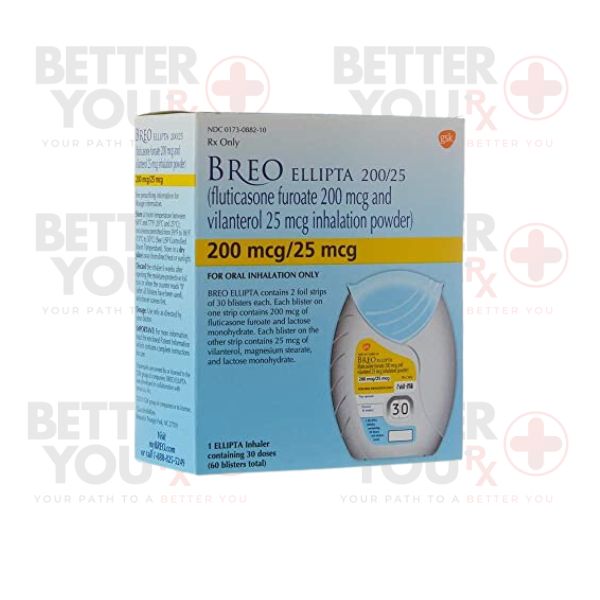| Usage |
Usage
-Ramipril is administered in capsule form, intended for oral consumption. Usually, it's administered once or twice daily, with or without food. To ensure consistency, it's advisable to schedule your doses at the same time each day. To make certain you're following the prescription accurately, carefully adhere to the instructions on the label. If there's anything you don't understand, don't hesitate to seek clarification from your doctor or pharmacist.
Compliance with the prescribed regimen is essential. Refrain from altering the dosage—neither increasing nor decreasing it—and avoid taking it more frequently than directed by your physician. When ingesting the capsule, you have two options: swallow it whole or open the capsule and mix the contents with a small portion of applesauce (approximately 4 oz.) or 4 oz. (roughly 120 mL) of water or apple juice. Consume the entire mixture. This mixture can be prepared in advance and stored at room temperature for up to 24 hours or in the refrigerator for up to 48 hours.
It's important to note that while Ramipril effectively manages high blood pressure and heart failure, it does not provide a cure. Therefore, it's imperative to continue taking Ramipril as prescribed, even if you feel well. Under no circumstances should you discontinue its use without consulting your doctor.
|
| Side Effects |
Side Effects
Ramipril may potentially lead to side effects. If you encounter any of these symptoms and they are bothersome or persistent, it's important to inform your doctor:
• Headache
• Dizziness
• Cough
• Upset stomach
• Vomiting
• Excessive tiredness
• Weakness
Certain side effects require prompt attention. If you encounter any of the subsequent symptoms, promptly get in touch with your doctor:
• Inflammation or puffiness in the facial area, throat, tongue, lips, eyes, hands, feet, ankles, or lower limbs
• Hoarseness
• Difficulty breathing or swallowing
• Yellowing of the skin or eyes
• Fever, sore throat, chills, or any signs of infection
• Lightheadedness
• Fainting
It's worth noting that Ramipril may result in other side effects as well. Should you encounter any unusual issues while taking this medication, don't hesitate to reach out to your doctor.
|
| Storage |
Storage
Please store this medication in its original container, securely sealed, and away from the access of children. Keep it at room temperature, avoiding exposure to excessive heat and moisture (refrain from storing it in the bathroom). To ensure the safe disposal of any unused medication, take appropriate precautions to prevent accidental ingestion by pets, children, or others.
It's crucial not to flush this medication down the toilet. Instead, the recommended method for disposal is through a medicine take-back program. For details on such programs in your community, consult your pharmacist or contact your local garbage/recycling department.
Safeguarding medications from children is of utmost importance since various containers, such as weekly pill organizers, as well as those for eye drops, creams, patches, and inhalers, may not be child-resistant and can be easily opened by young children. To prevent accidental poisoning, always secure safety caps and promptly store medications in a secure location, ideally out of sight and out of reach.
|
| Special Precautions |
Special Precautions
Before initiating ramipril, please inform your doctor and pharmacist of the following:
1. Allergies: Notify them if you have any allergies to ramipril, other ACE inhibitors (like benazepril, captopril, enalapril, fosinopril, lisinopril, moexipril, perindopril, quinapril, or trandolapril), other medications, or any ingredients in ramipril capsules. You can ask your pharmacist for a complete list of ingredients.
2. Valsartan and Sacubitril: If you are currently taking valsartan and sacubitril (Entresto) or have stopped taking it within the last 36 hours, your doctor will likely advise against taking ramipril concurrently.
3. Diabetes and Aliskiren: If you have diabetes and are also using aliskiren (Tekturna, in Amturnide, Tekamlo, Tekturna HCT), your doctor may recommend not taking ramipril.
4. Medication and Supplements: Disclose all prescription and over-the-counter medications, vitamins, supplements, and herbal products you are currently using. Special attention should be given to aspirin, other nonsteroidal anti-inflammatory drugs (NSAIDs) like indomethacin, diuretics ("water pills"), lithium, and potassium supplements. Adjustments to medication dosages or close monitoring for side effects may be necessary.
5. Previous Swelling: Inform your doctor if you've ever experienced swelling of the face, throat, tongue, lips, eyes, hands, feet, ankles, or lower legs while taking ramipril. This could indicate an allergic reaction, and your doctor may advise against its use.
6. Medical Conditions: Provide details about any history of heart, liver, or kidney disease, lupus, scleroderma (a condition characterized by excessive tissue growth on the skin and some organs), or diabetes.
7. Breastfeeding: If you are currently breastfeeding, let your doctor know.
8. Surgical Procedures: If you are scheduled for surgery, including dental surgery, inform your healthcare provider or dentist that you are taking ramipril.
9. Blood Pressure: Be aware that conditions like diarrhea, vomiting, insufficient fluid intake, and excessive sweating can lead to a drop in blood pressure, potentially causing dizziness and fainting. Please take precautions if you experience these situations.
|









